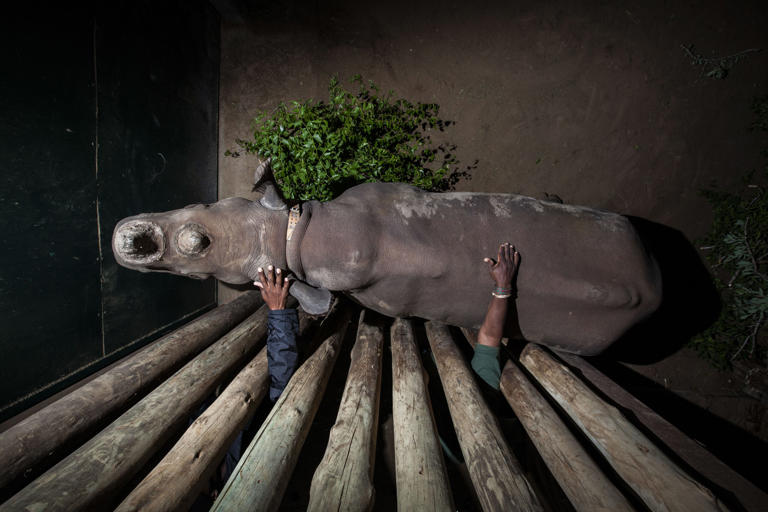
Elizabeth Antidius Shumbusho | Africa Guardian
Renowned photojournalist Scott Ramsay spent years exploring Africa’s natural wonders. His latest book, Spirit of Africa, is a testament to his journey. Here’s an excerpt from his introduction, offering a glimpse into how his transformative experience began.
The word “spirit” originates from the Latin spiritus, meaning breath. For me, the African wilderness is where I feel most alive. It’s a space where I can breathe deeply and reconnect with my truest self.
I grew up in urban South Africa, enjoying the privileges of modern convenience and a Western education. Yet, amid the comforts of capitalism, I often felt a quiet but persistent disconnection, a longing for belonging.
That longing led me to the southern Kalahari, where I camped alone by a seasonal lake. At first, I felt a gnawing fear—a stark contrast to the bustling human community I left behind in Cape Town. But in the vast, silent wilderness, I encountered a different kind of community.
Animals passed by my camp with quiet purpose: gemsbok, springbok, and zebras seeking shade under camel thorn trees. A ground squirrel became my companion in exchange for scraps of food, and a yellow-billed hornbill perched boldly on my chair. At night, lions prowled nearby, and at dawn, a leopard emerged from the thickets, surveying its realm.
Soon, I aligned myself with Nature’s rhythm. I shed the trappings of city life—shoes, schedules, and societal expectations. My days became as simple as the land around me: bare feet on ancient sands, meals cooked over a campfire, and nights spent gazing at the stars.
Books I had brought along quickly lost their allure; the endless Kalahari landscape became my narrative. My eyes adjusted to the vast horizons and the subtle movements of distant wildlife, while my ears tuned into the gentle warbles of birds, the rustle of beetles, and the haunting calls of hyenas.
Time lost its urgency. I stopped checking my watch and forgot the days of the week. There was no past, no future—only the present moment, stretching endlessly like the desert itself. This expansiveness created a similar openness in my mind and heart.
In the Kalahari’s quiet embrace, I became acutely aware of my breath. It struck me as miraculous—this unconscious rhythm of inhaling and exhaling, shared with every living being. As I breathed in, I felt connected to the lion exhaling nearby, to the springbok taking its next breath. This shared atmosphere was our collective lifeline.
I began to feel the truth of what I had long understood intellectually: life is profoundly interconnected. Out there, under the blazing Sirius and Canopus, I wasn’t just Scott Ramsay, the photographer. I was a human animal, an Earthling, seamlessly intertwined with the world around me.
This awareness didn’t come through effort or reflection. It simply unfolded as I immersed myself in the wilderness. I felt small in the grandeur of it all, yet deeply rooted—a part of the whole. I had found my way home to Nature, and in doing so, to myself.
___
